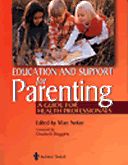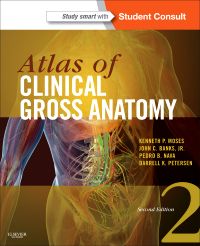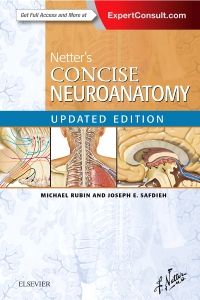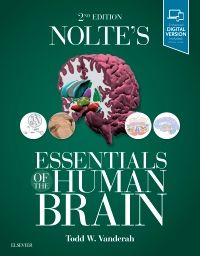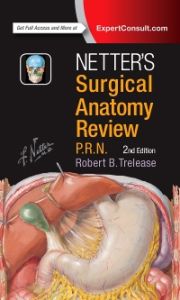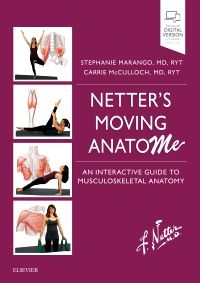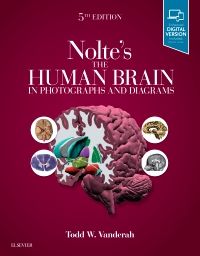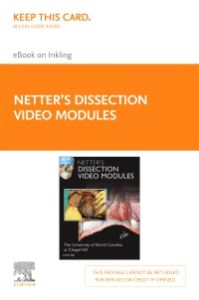Introduction: What is "good-enough" parenting? Supporting adult learning. Parenting education in schools. Parent partnership. Antenatal education for parenting. Parenting education for men. Supporting young parents. Education for adoptive parenting. Supporting parents with learning difficulties. Supporting parents of children who are disabled. Parenting education for women in prison. Support and information needs of parents with children conceived through assisted conception. Evaluating parenting education.
As the editor writes:
"Interest in education for parenting is currently considerable. The Government's
Surestart scheme encourages collaboration between statutory and voluntary agencies to provide support for and education to parents in designated action zones. The First Wave schemes are now underway. The most successful are those that have achieved a high degree of parent partnership. This will be one of the themes of the book: adults learn best when involved in designing their own curriculum and deciding how it should be delivered. Parents know their own circumstances and locality best, are able to define their educational needs, and can monitor and evaluate how those needs are being met. One chapter of the book will, therefore, be devoted to parent partnership (Chapter 4).
The opening chapters of the book (Chapters 1,2) will explore the underpinning knowledge and skills that enable those delivering education to parent to provide appropriate learning opportunities. Authors will address what constitutes 'good enough parenting' and what skills parents need in order to provide it. Principles of adult education will be outlined, with discussion of group work skills, one-to-one teaching, communication and listening skills.
Today's children and young people are tomorrow's parents. The book will therefore examine education for parenting in schools (Chapter 3), and how this can be delivered within the PSHE schemes of work and across the curriculum. Education for parenting can be started in the primary school, and should certainly be high on the agenda in secondary schools as young people move closer to their own parenting years.
Antenatal classes, currently attended by more than half of women pregnant with their first babies, are an ideal opportunity for education about parenting. Content should certainly move beyond merely preparing parents for the birth of their baby. Discussion of preferred parenting styles, the opportunity to debrief personal experiences of being parented, and to elicit what children need from their parents and what parents need to assist them in parenting should also be provided. (Chapter 5)
The education of men as fathers has recently started to receive a considerable amount of attention with examples of good practice being included in the
Surestart manuals. The book will explore the needs of men as they themselves define them, and strategies for meeting these needs. (Chapter 6)
While it is the entitlement of every parent to receive education and support to assist her or him in the task of parenting, some groups of parents have extra needs which require their educators to acquire particular understanding and skills. The book will consider how learning opportunities around parenting can best be provided for parents in the following groups:
- Those with learning difficulties
- Women who are in Mother & Baby Units in prison
- Those who are adopting a baby or child/ren
- Those who are parenting a disabled child
- Very young mothers
- Parents of donor conception children
- (Chapter 7)
The final chapter of the book will draw together the themes that have emerged from the previous chapters, discuss how parenting education can be evaluated and look at future directions in parenting education. (Chapter 8)"




